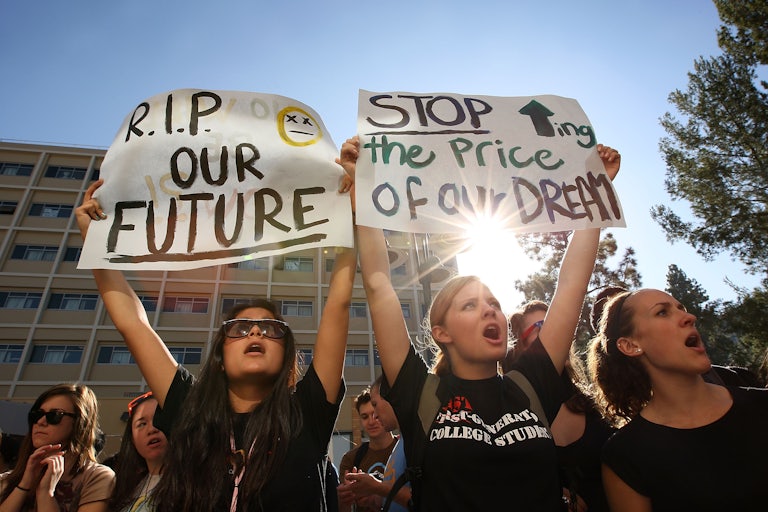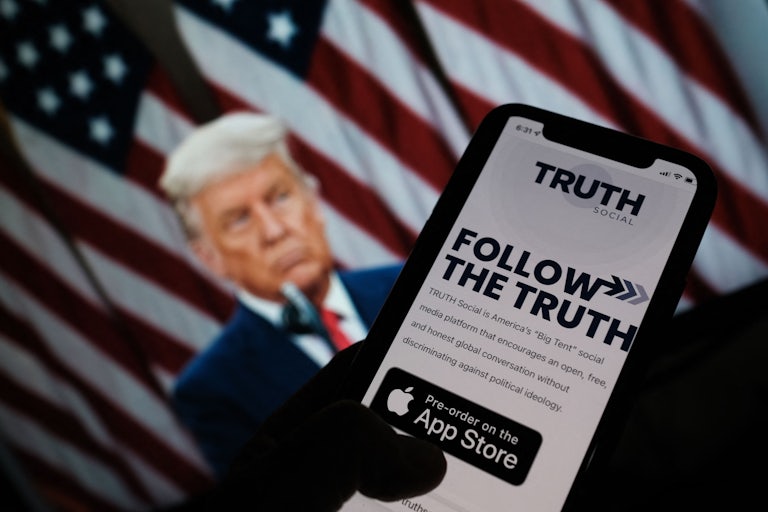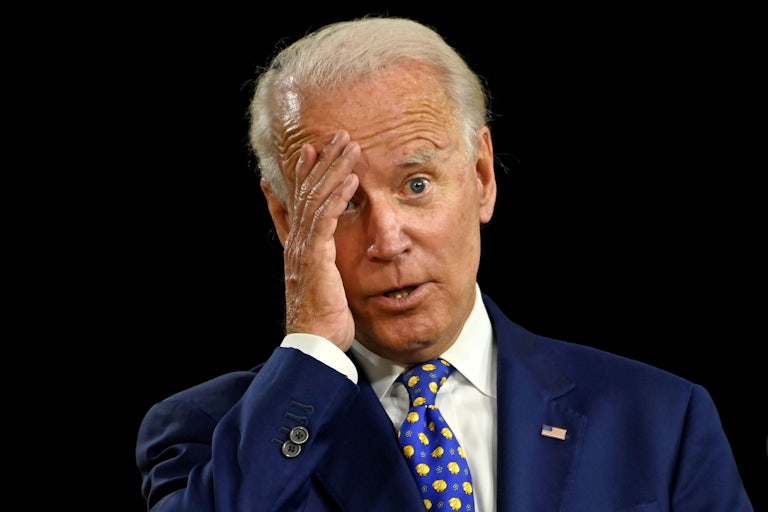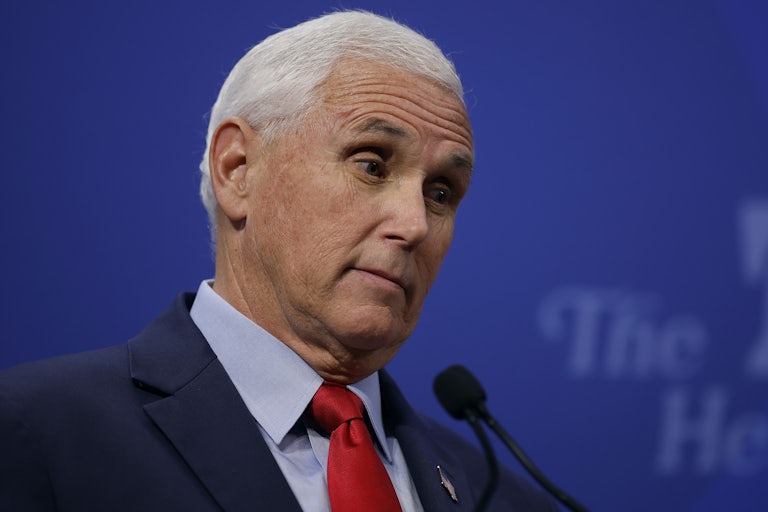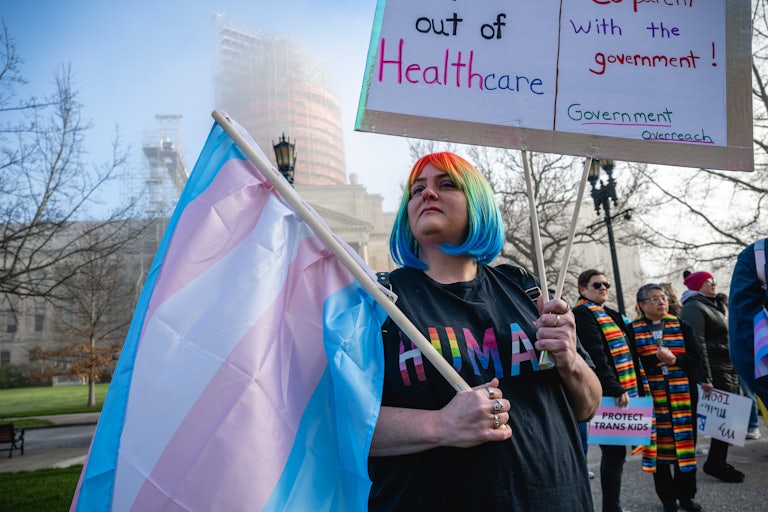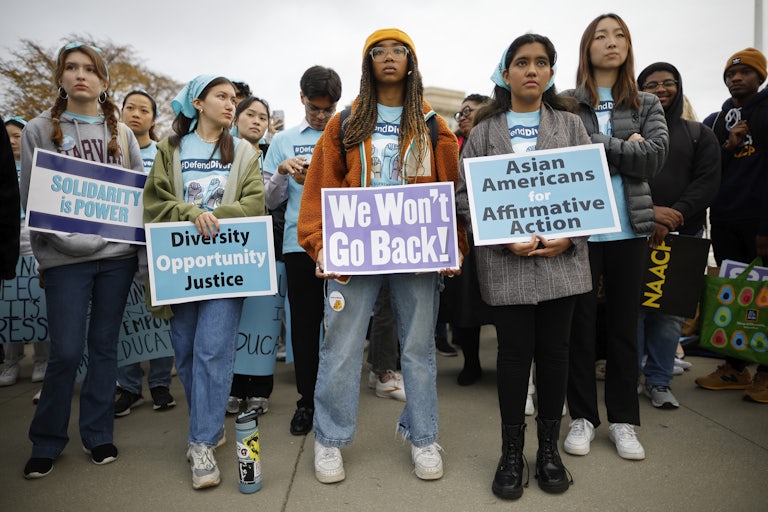Has Ron DeSantis Eaten Pizza Before?
The Florida governor’s Fox News interview was predictably awkward.

On Thursday, Ron DeSantis joined Fox News for a slice of pizza in New York City.
The Florida governor and 2024 presidential candidate joined Fox’s ladder-climbing wonder boy Jesse Watters to shoot a segment in response to the city considering a rule that would encourage pizza shops to cut emissions from outdated coal-fired ovens.
Of course, analogous to the whipped-up backlash to the Consumer Product Safety Commission expressing concern for the health effects of gas stoves, the right has turned this into a cultural panic: The left wants to ban pizza. Enter Ron DeSantis, who has tried to make himself the poster boy of every ginned-up moral panic on the right.
Some quipped that it looked like the first time the 2024 candidate has eaten a slice of pizza.
first time eating pizza? pic.twitter.com/TZ9L1JIBhB
— jordy (@meidasjordy) June 29, 2023
“[The left] just wanna control.… They just don’t want people to be happy and be able to make their own decisions” DeSantis said, as if he hasn’t launched an all-out crusade against students and teachers, LGBTQ people’s civil rights, or people’s freedom to choose after signing one of the strictest abortion bans in the country.
“They were going after gas stoves. In Florida we made them tax-free, we may have to do some incentives for coal-fired pizza, because you know what, we’ll take it,” he continued before taking another face-scrunching bite.
This is how the interview ended pic.twitter.com/awZ7ZLfbzx
— Acyn (@Acyn) June 29, 2023
The segment appeared as millions across the country were re-enveloped in wildfire-induced smog worsened by climate change. It also came months after twice-impeached and twice-indicted former President Donald Trump said DeSantis would have been working in a “pizza parlor” or “law firm” without his help.
Trump says DeSantis would be working in a pizza parlor if it wasn’t for him pic.twitter.com/C7qL2oTi18
— Acyn (@Acyn) March 28, 2023
